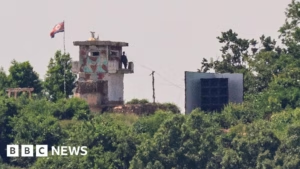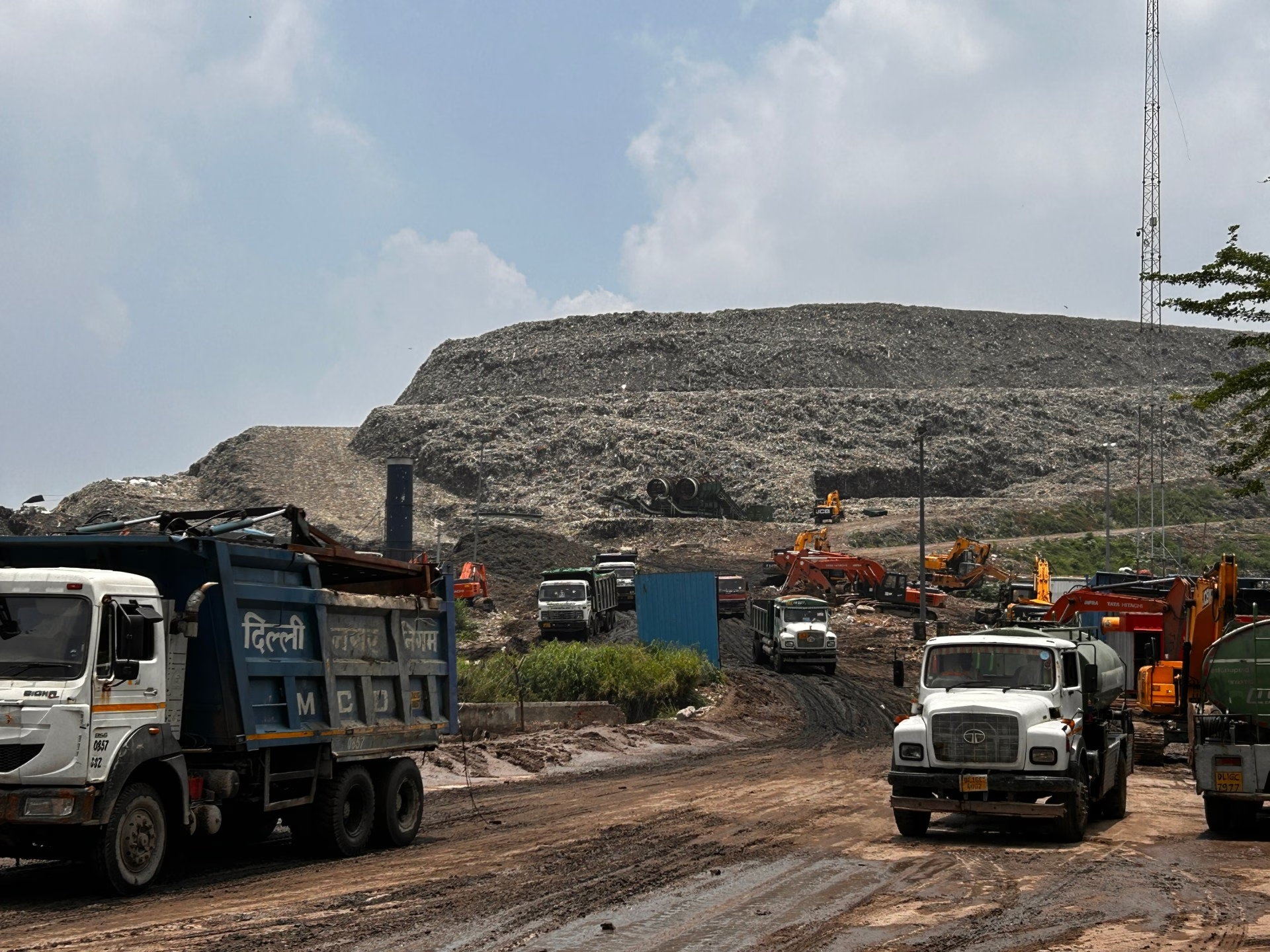In New Delhi, India, 38-year-old Sofia Begum is among many who make a living sorting through mountains of rubbish at the Ghazipur landfill. She and her husband have been doing this work for over 25 years, crossing paths with dangerous medical waste and struggling in extreme temperatures.
As temperatures in Delhi soared to 49 degrees Celsius in June, three rubbish sites in the capital became environmental hazards. The rubbish mountains, filled beyond capacity, are hubs for fires, methane leaks, and toxic fumes. This situation poses a slow-burning public health threat affecting thousands who live near these waste areas.
Waste pickers like Begum have no stable income and their work is hazardous, especially in the summer. Studies suggest that the temperature in these landfill sites can reach between 60 and 70 degrees Celsius in summer, due to the “heat-island effect” caused by the decomposition of organic waste.
The article also highlights the dangers of incinerator plants, which release harmful pollutants and could lead to the loss of livelihood for waste pickers. Environmental and health activists are advocating for more sustainable waste management systems that include waste segregation, ward-level composting, and robust recycling systems. They also call for the legal recognition and fair wages for waste pickers to empower this vulnerable community and build a climate-resilient waste management model.
In this harsh reality, waste pickers must balance their livelihood with their health, often habouring themselves to hazardous conditions to provide for their families.
Source: https://www.aljazeera.com/features/2025/8/14/how-new-delhis-garbage-mountains-become-heat-bombs-for-waste-pickers?traffic_source=rss








